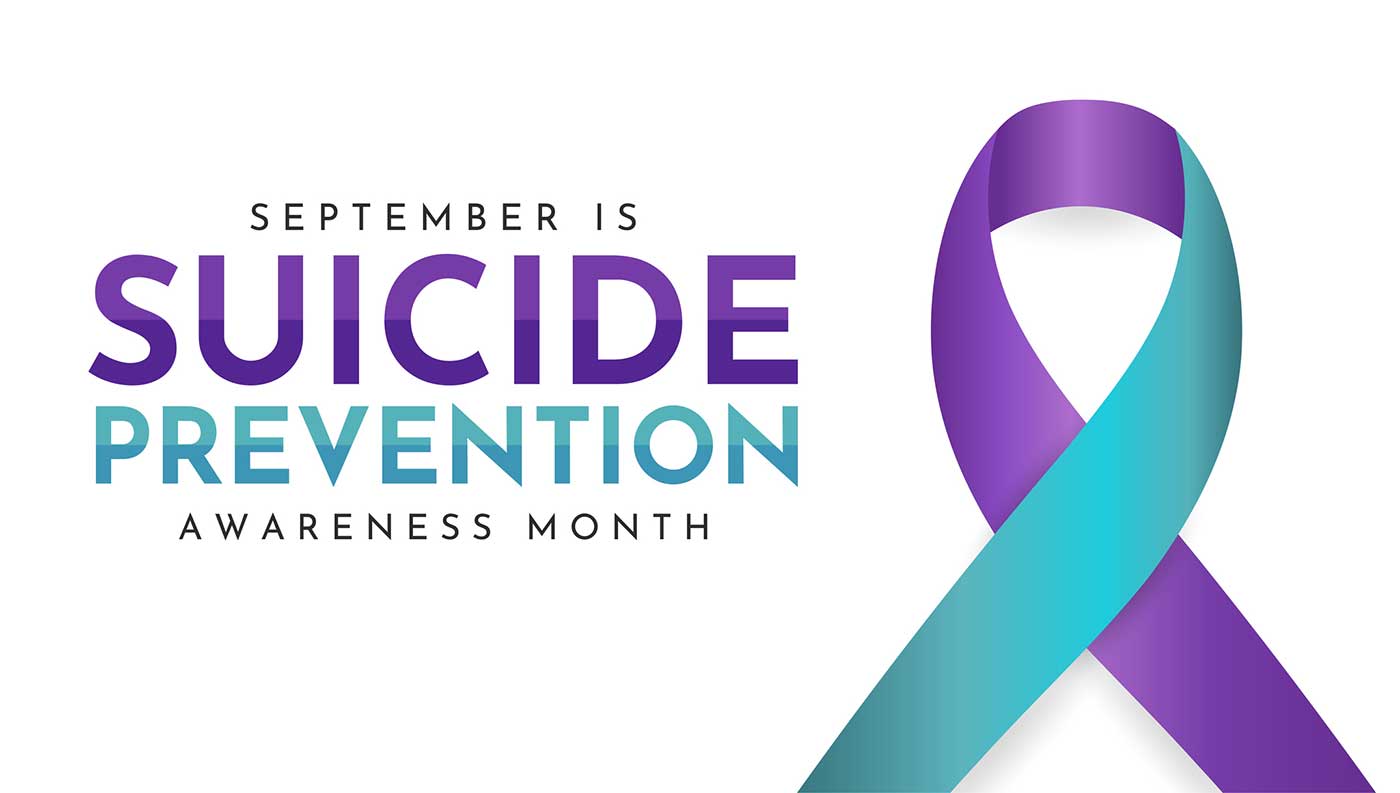Spring brings blooming flowers, chirping birds, and unfortunately for many, seasonal allergies. In fact, a 2021 CDC report stated that over 25% of adults in the US suffer from seasonal allergies. If you’re one of the millions affected by pollen, mold, or other allergens, fear not! With a few simple tips, you can minimize your symptoms and enjoy the season to the fullest. Here are 10 tips for managing seasonal allergies:
- Know Your Triggers: Understanding what triggers your seasonal allergies is the first step in managing them. Common triggers include pollen, mold, dust mites, and pet dander. It’s helpful to keep track of your symptoms and activities to identify patterns. Check out this link for a list of mobile apps that can help you track and monitor your seasonal allergies.
- Check the Pollen Forecast: Stay informed about pollen levels in your area by checking the pollen forecast regularly. On high pollen days, consider staying indoors, especially during peak pollen hours in the early morning and evening. The American Academy of Allergy, Asthma and Immunology’s National Allergy Bureau map can help you track pollen in your area. Popular weather sites like The Weather Channel, AccuWeather and Weather Underground offer pollen count information based on location as well.
- Keep Windows Closed: While it may be tempting to let in the fresh air, keeping windows closed can help prevent pollen and other allergens from entering your home. Even through it’s more expensive, using air conditioning instead can help filter the air and help alleviate symptoms.
- Use High-Efficiency Air Filters: Invest in high-efficiency particulate air (HEPA) filters for your HVAC system and vacuum cleaner to trap airborne allergens effectively—and make sure to change filters regularly to ensure they remain effective.
- Practice Allergen-Proofing: Take steps to allergen-proof your home by regularly cleaning and dusting surfaces, washing bedding in hot water weekly, and using allergen-proof covers on pillows and mattresses. This can help reduce exposure to dust mites and other indoor allergens. Here are some additional tips from the Asthma and Allergy Foundation of America.
- Rinse Away Pollen: After spending time outdoors, rinse off pollen by taking a shower and washing your hair. This helps remove allergens from your skin and hair, preventing them from spreading to your home and exacerbating symptoms.
- Wear Protective Gear: When doing outdoor activities such as gardening or mowing the lawn, wear a pollen mask and sunglasses to protect your face from allergens. This can help minimize exposure and reduce allergy symptoms. Read additional advice for working outdoors from the American College of Allergy, Asthma, and Immunology.
- Consider Over-the-Counter Medications: Over-the-counter antihistamines, decongestants, and nasal sprays can provide relief from allergy symptoms such as sneezing, itching, and congestion. Consult with your pharmacist or healthcare provider to find the right medication for you.
- Try Natural Remedies: Some people find relief from seasonal allergies through natural remedies such as saline nasal rinses, herbal supplements like butterbur or quercetin, or local honey. While these remedies may not work for everyone, they are worth exploring as complementary options. Check out this WebMD article—Natural Allergy Remedies: Can supplements help your allergies?—for more information.
- Consult an Allergist: If your allergy symptoms are severe or persistent, consider consulting an allergist for further evaluation and management. Allergists can perform allergy testing to identify specific triggers and develop personalized treatment plans, including allergen immunotherapy (allergy shots) for long-term relief.
Recap
While seasonal allergies can put a damper on your enjoyment of spring and summer, they don’t have to dictate your entire season. By incorporating these tips into your routine, you can take proactive steps to manage your symptoms and reclaim your outdoor adventures. Remember, managing seasonal allergies is all about finding what works best for you and taking control of your health. So don’t let allergies hold you back—embrace the season with confidence and enjoy!






Responses